|
\pər-ˈfek-shən\: 1 the quality or state of being perfect: as a: freedom from fault or defect : flawlessness 2 a: an exemplification of supreme excellence b: an unsurpassable degree of accuracy or excellence Last Saturday, Philip Humber, pitcher for the Chicago White Sox, threw a perfect game, joining the exclusive ranks of just 20 others who have achieved this feat, including Sandy Koufax, Jim Bunning, former teammate Mark Buehrle and Catfish Hunter. In baseball, everyone knows what "perfection" means -- at least, perfection for a pitcher: no runs, no hits, no walks and no errors, not a single opponent reaches a base. But how do we judge perfection in other sports, if perfection is indeed possible? Has there ever been a football game in which the opposing team was denied even a single first down? A professional basketball game in which the losing team failed to score even one point? 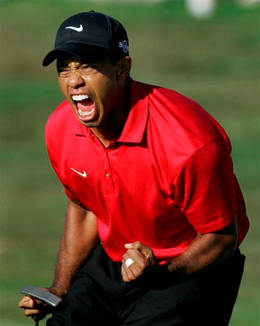 Celebrating or throwing a tantrum? You be the judge. What would perfection look like in golf? A hole-in-one on every hole? (Or, if you're Tiger Woods these days, not having a melt-down after every missed shot?) Perfection in other endeavors is just as elusive to define. What would it take to achieve perfection as a business owner or an attorney? An ever-increasing profit margin and a tidy quarterly return for investors? An uninterrupted string of victories in court? How about for comedians? Would perfection mean a laugh for every joke? For actors, an Academy Award for each performance? Impossible, you say. Absolutely! And for writers, fuhgeddaboudit! Seeking perfection in every sentence (or any sentence for that matter) guarantees a yawning empty page or blank screen at the end of the day. Writers' block is the curse of perfectionism. 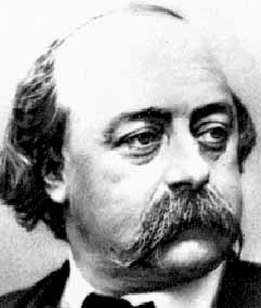 Flaubert (pondering his imperfect heroine Emma Bovary?) As Gustave Flaubert so wisely cracked: "Artists who seek perfection in everything are those who cannot attain it in anything." Many other learned men (women, not so much) have expounded on the topic of perfection, with some overlap, but very little agreement. 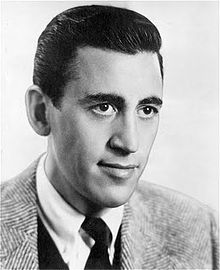 J.D. (pondering imperfect hero Holden C.?) J.D. Salinger, recluse-par-excellence and writer, solved the problem by insisting that perfection was a relative thing: "An artist's only concern is to shoot for some kind of perfection, and on his own terms, not anyone else's." Poet/writer James Stephens, on the other hand, rejected the notion of perfection outright with a gruesome logic: "Finality is death. Perfection is finality. Nothing is perfect. There are lumps in it." 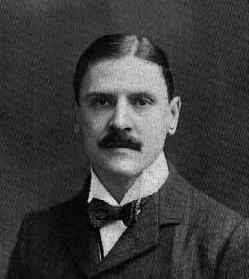 Maugham: don't bore me with perfection, babe! W. Somerset Maugham thought that perfection might actually be a fate worse than death: "Perfection has one grave defect: it is apt to be dull." However, many great thinkers do encourage the pursuit of perfection in spite of this risk. Vince Lombardi, legendary coach of the Green Bay Packers accepted that "perfection is not attainable, but if we chase perfection we can catch excellence." (Or maybe a Hail Mary pass at that last second to win a crucial game!) 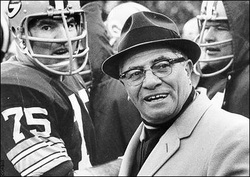 The invincible Vince (a scholar and a gentleman) U.S. Senator Jerry Moran (R-Kan.) agrees: "Perfection has to do with the end product, but excellence has to do with the process." (Hmm, if only he could convince his colleagues in Congress...) Of course, according to William Shawn, longtime editor of The New Yorker, "Falling short of perfection is a process that never stops." (Especially in Washington, D.C.) 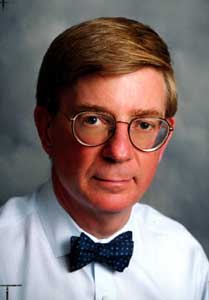 The only perfect thing about me is my bow-tie! On the other hand, conservative columnist George Will pooh-poohs the very notion that seeking perfection can lead to heightened performance: "The pursuit of perfection often impedes improvement." (Hey, he's a writer, and I don't often agree with him, but as any recovered or recovering perfectionist understands, he's absolutely right!) 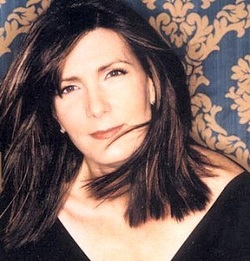 Soulful, imperfect Kathy Mattea Artists who work in all different media are quick to reject the notion of perfection (perhaps due in part to the subjective native of their endeavors). Country singer Kathy Mattea thinks "the more we start to worship perfection, the more soul leaks out of art." Nigerian poet Ben Okri posits that art is, in fact, founded on imperfection: 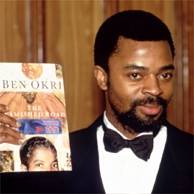 Ben Okri knows flawed characters. "The fact of storytelling hints at a fundamental human unease, hints at human imperfection. Where there is perfection, there is no story to tell." George Orwell weighed in on that as well: "The essence of being human is that one does not seek perfection." Saint Augustine (himself a recovered very flawed sinner) wanted to have it both ways: "This is the very perfection of a man, to find out his own imperfections."  A sinner... and I know it. Painter, sculptor, graphic artist and designer Salvador Dali (he of the melting clocks and louche mustache) may have said it best: "Have no fear of perfection-- you'll never reach it." But perhaps my favorite quote about perfection comes from another man who knew something about imperfection (particularly in the use of the English language, since he was a renowned mangler of nouns, verbs and adjectives), 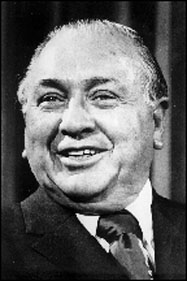 Da Mare Chicago Mayor Richard J. Daley (Richard the First): "Look at our Lord's disciples. One denied Him; one doubted Him; one betrayed Him. If our Lord couldn't have perfection, how are you going to have it in city government?"
3 Comments
|
AuthorTo find out more about me, click on the Not Your Average Jo tab. Archives
February 2024
Categories
All
|
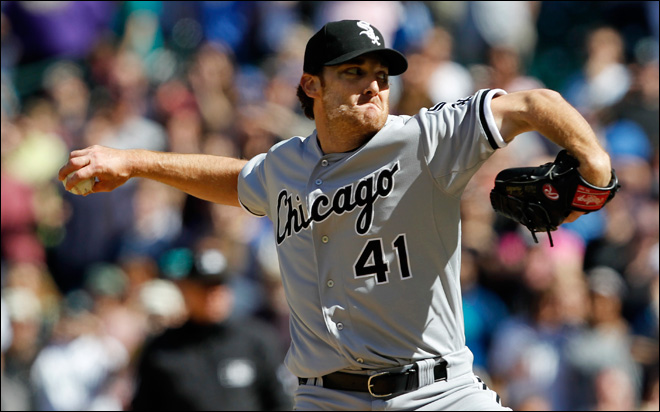
 RSS Feed
RSS Feed